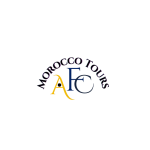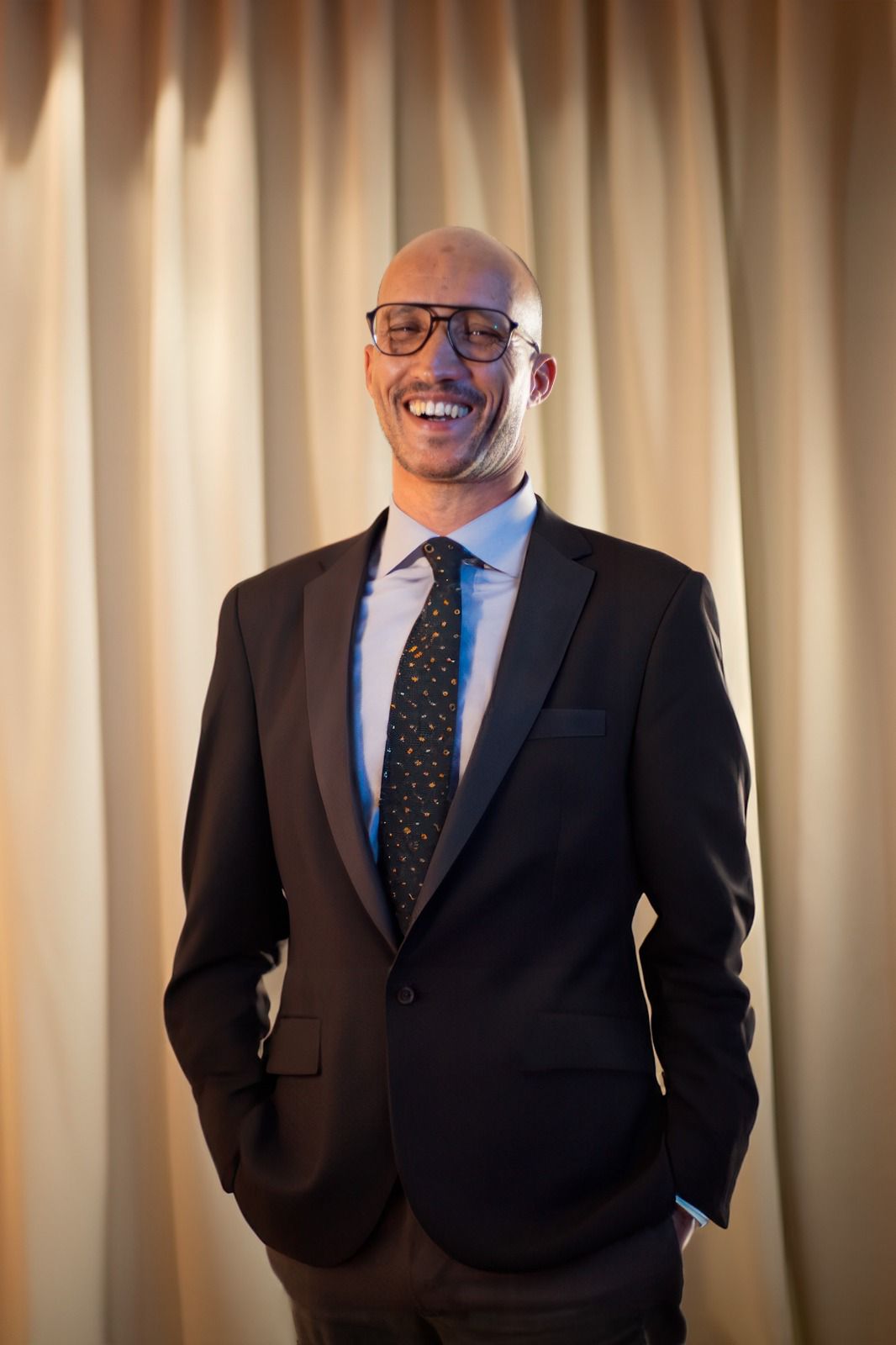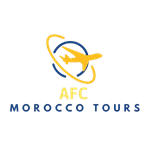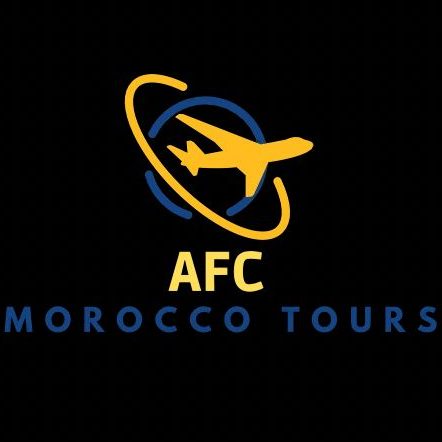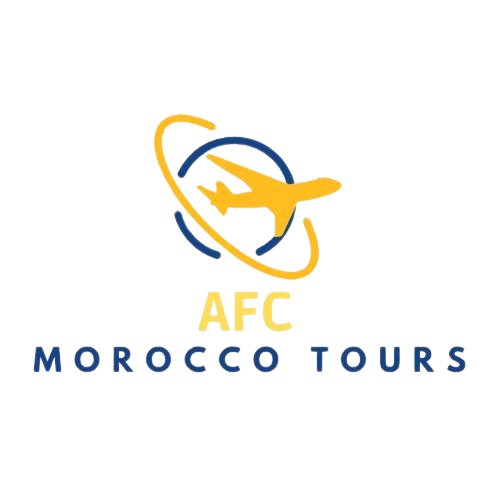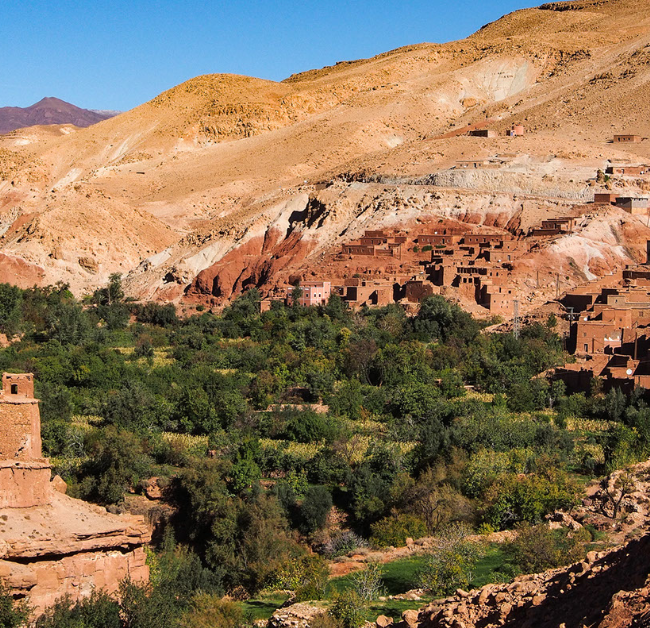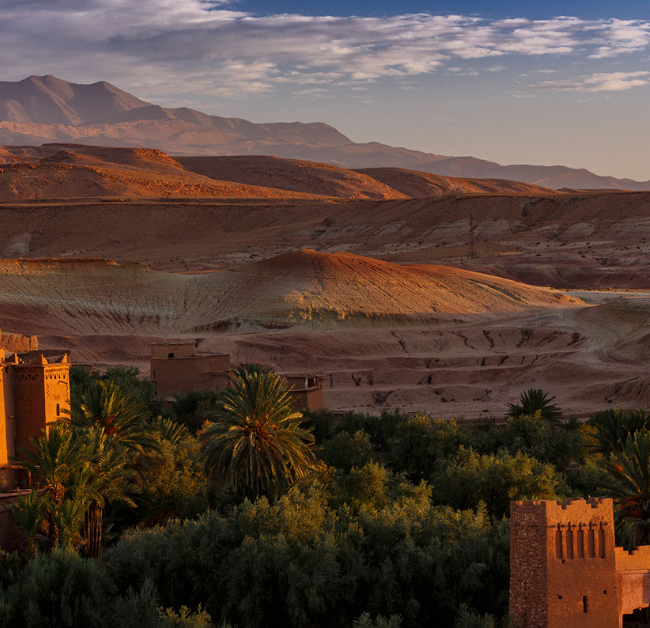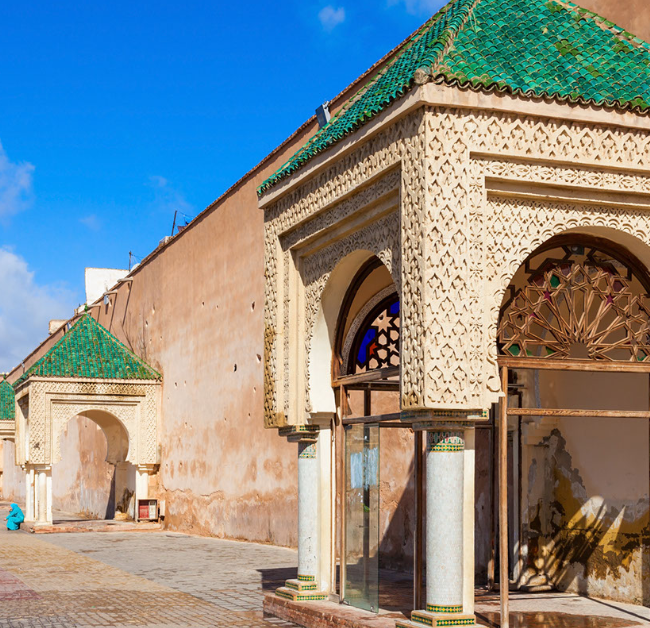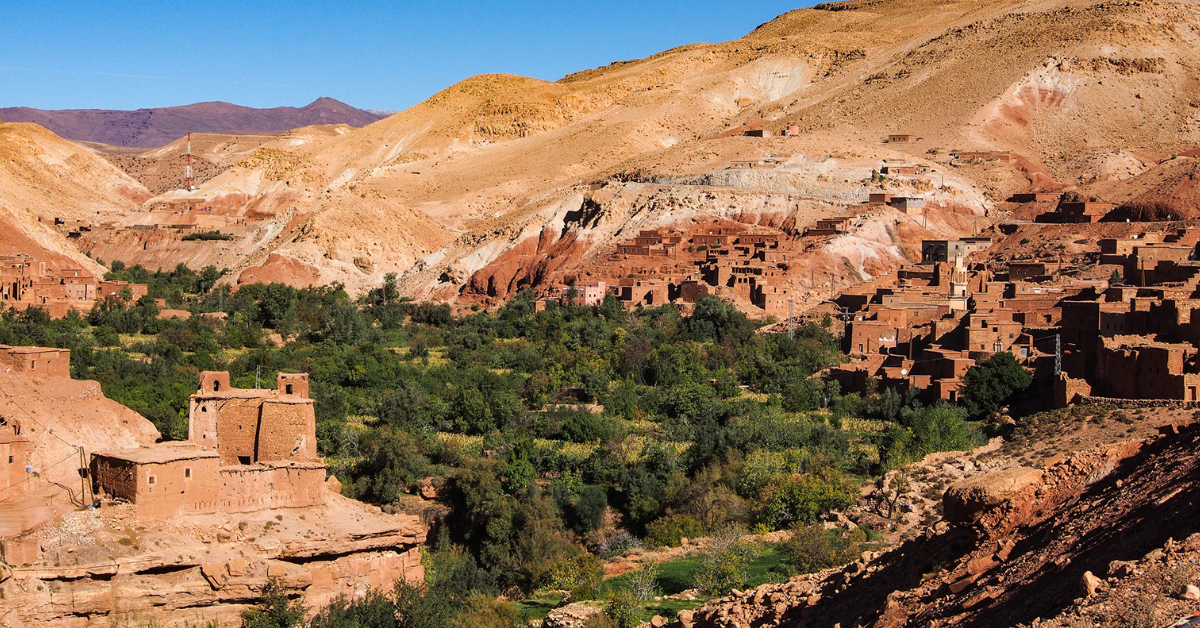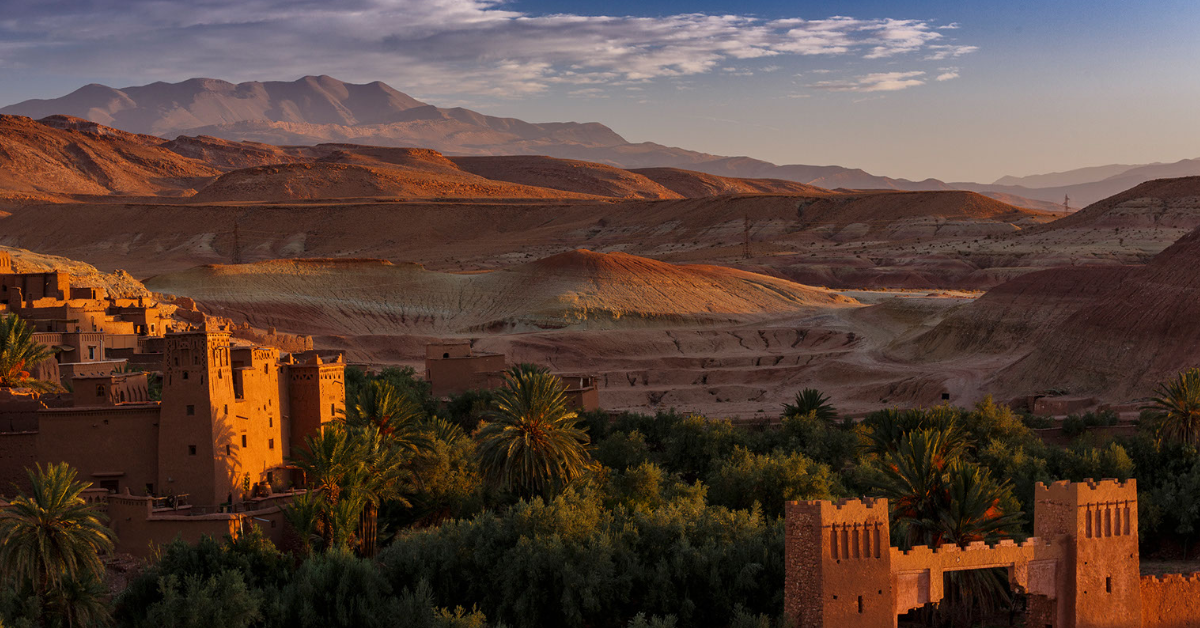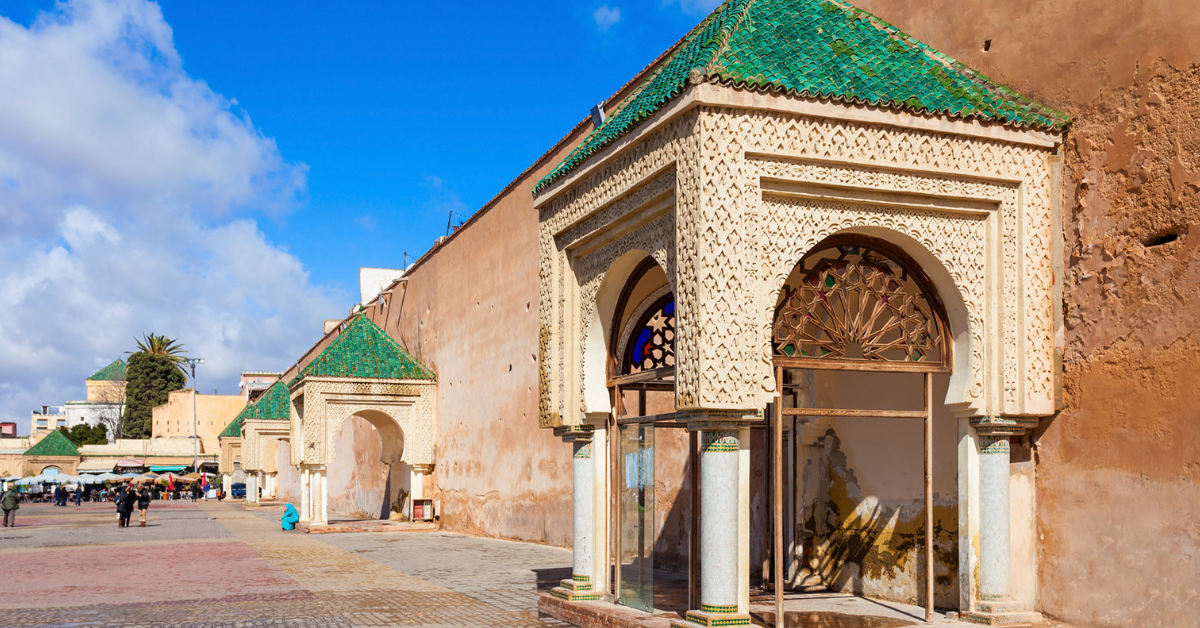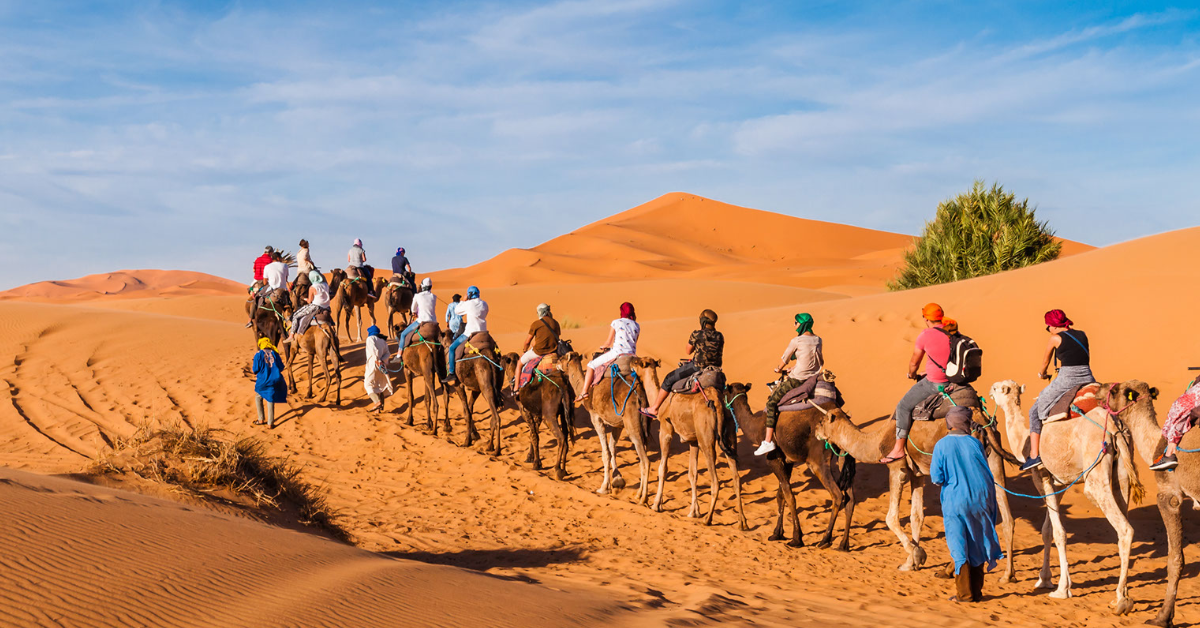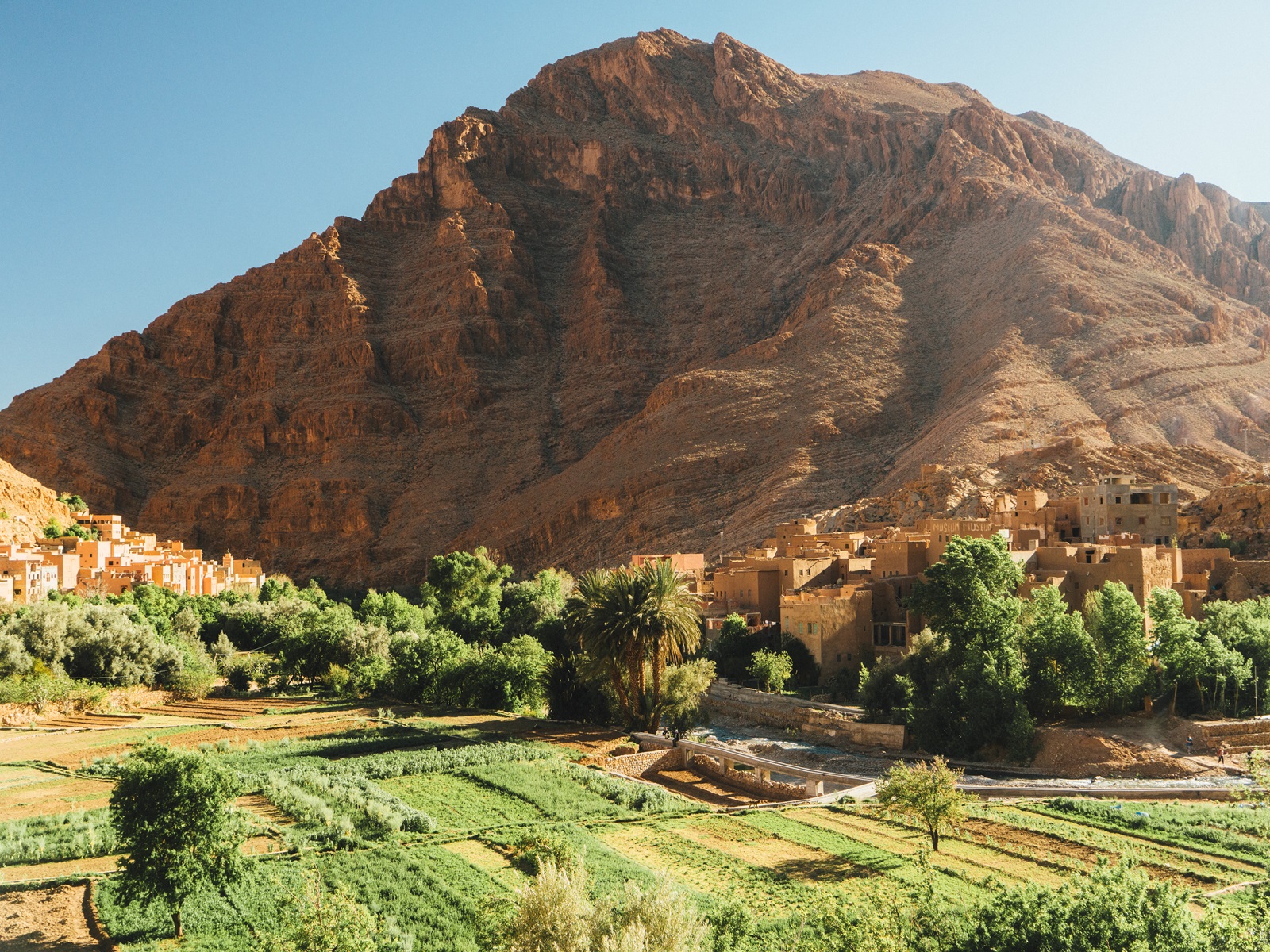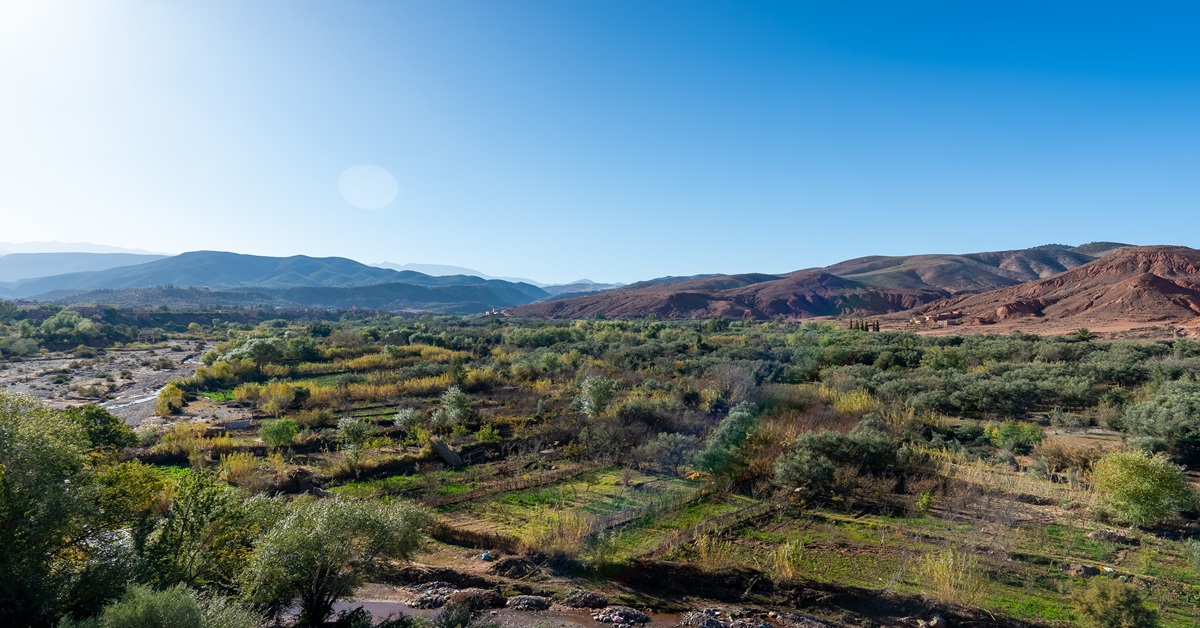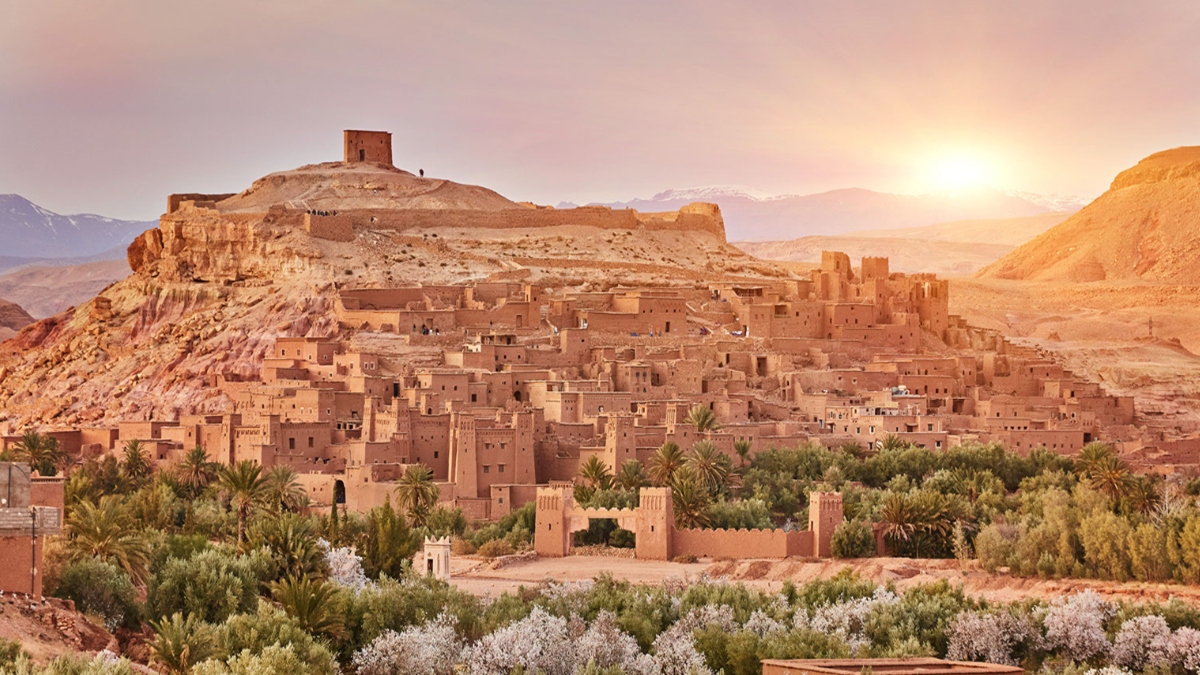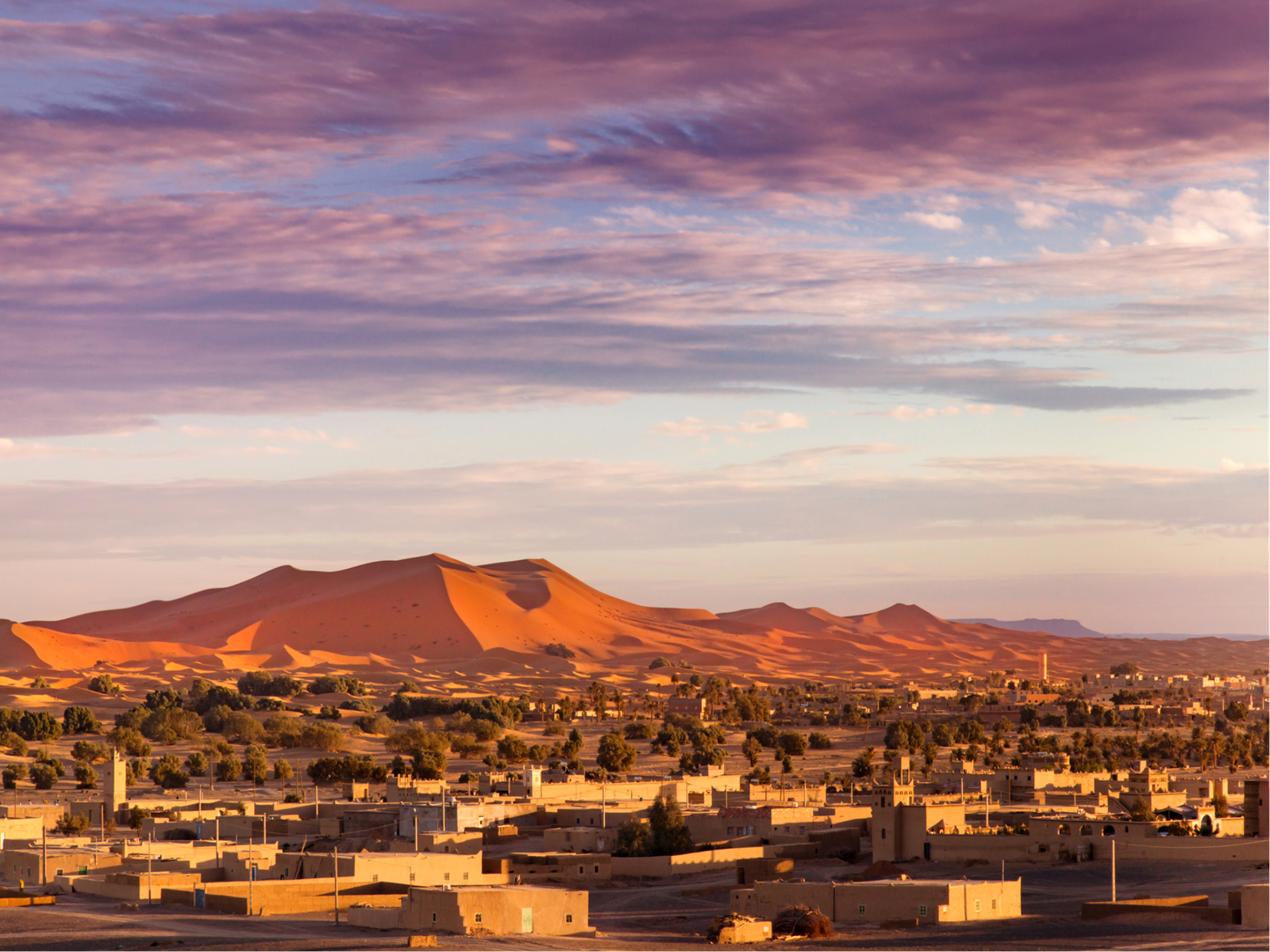9-Day Sahara Caravan Trail from Marrakech
The 9-Day Sahara Caravan Trail from Marrakech is one of the most popular Morocco Desert Tours. It takes you to the very heart of the Sahara Desert and is planned in a manner to help you explore some major cities and some lesser-known gems along the way. The tour can start from Marrakech, Casablanca, or Fez, and can end at either depending upon your convenience and preference.
It is one of the best Morocco tours for couples and groups alike. If you want to get a first-hand experience of what Morocco’s deserts feel like, this is the tour for you. You will travel on camelbacks, camp in desert tents at night, and listen to the mystical stories of the natives. Let’s dive straight into this trip to Morocco!
Schedule an Appointment
-
Departure
Casablanca -
Departure Time
Depends on your flight arrival time -
Return Time
Depends on your return flight time -
Dress Code
Casual -
Included
Camel trek (one camel per guest)Entrance FeesMeals as per itineraryNew air-conditioned vehicle 4WD or Minivan/Mini BusOvernight in Desert Luxury CampPick-up and Drop Off ServiceProfessional driver/Tour guide during the tour -
Not Included
FlightsLocal guides in major cities: Fes; Marrakech, Casablanca mosque, Volubilis; Essaouira, Atlas MountainsLunches and drinks unless specifiedPersonal expenses
Tour Plan
Day 1: Casablanca – Marrakech
Day 2: Exploring Marrakech
Day 3: Marrakech Gardens
Day 4: Marrakech – Skoura oases
Day 5: Skoura oases – Dades gorges – Todra Gorges – Merzouga desert
Day 6: Merzouga – draa valley – Ouarzazate
Day 7: Ouarzazate – High atlas trekking
Day 8: High Atlas Mountains Valley
Day 9: Return Home
20 Things You Must Know Before Visiting Morocco Travel Tips
More and more people are visiting Morocco every year. It’s a beautiful country. If you plan on going, here are a few pointers to help you prepare for your trip.- Dress Appropriately
- Currency and Cost
- ATMs.
- Keep Correct Change with You
- Tipping
- Be Wary of Local Guides.
- Stay Away from Strangers Offering Free Tours or Directions.
- Fridays are Holy Days and Prepare for Holidays
- Careful What Water You Use
- Pack Some Immodium
- Watch Your Pockets
- What Language Do They Speak?
- Hello(Peace Be With You): Salam Alikome (salaam a eleikum)
- Thank You:Choukran (shokran)
- No Thank You: La Choukran (la shokran). This one is useful when you have a bunch of street vendors hassling you to buy something.
- Watch Out: Although you won’t use this yourself, you’ll most likely hear this in the medinas or souks (outdoor markets). It will be said by locals coming by with a mule, motorcycle, or cart and is a warning to move to the side.
- Visiting Mosques:
- Do I Need a Visa or Vaccines?
- Ask Before Taking Photos (And You May Have to Pay).
- Souvenirs to Bring Home:
****************************
Overall, Morocco is a beautiful country, and you will be happy to experience it. As long as you’re completely aware of your surroundings, and you go in with the right mindset and expectations, you can have a wonderful experience.